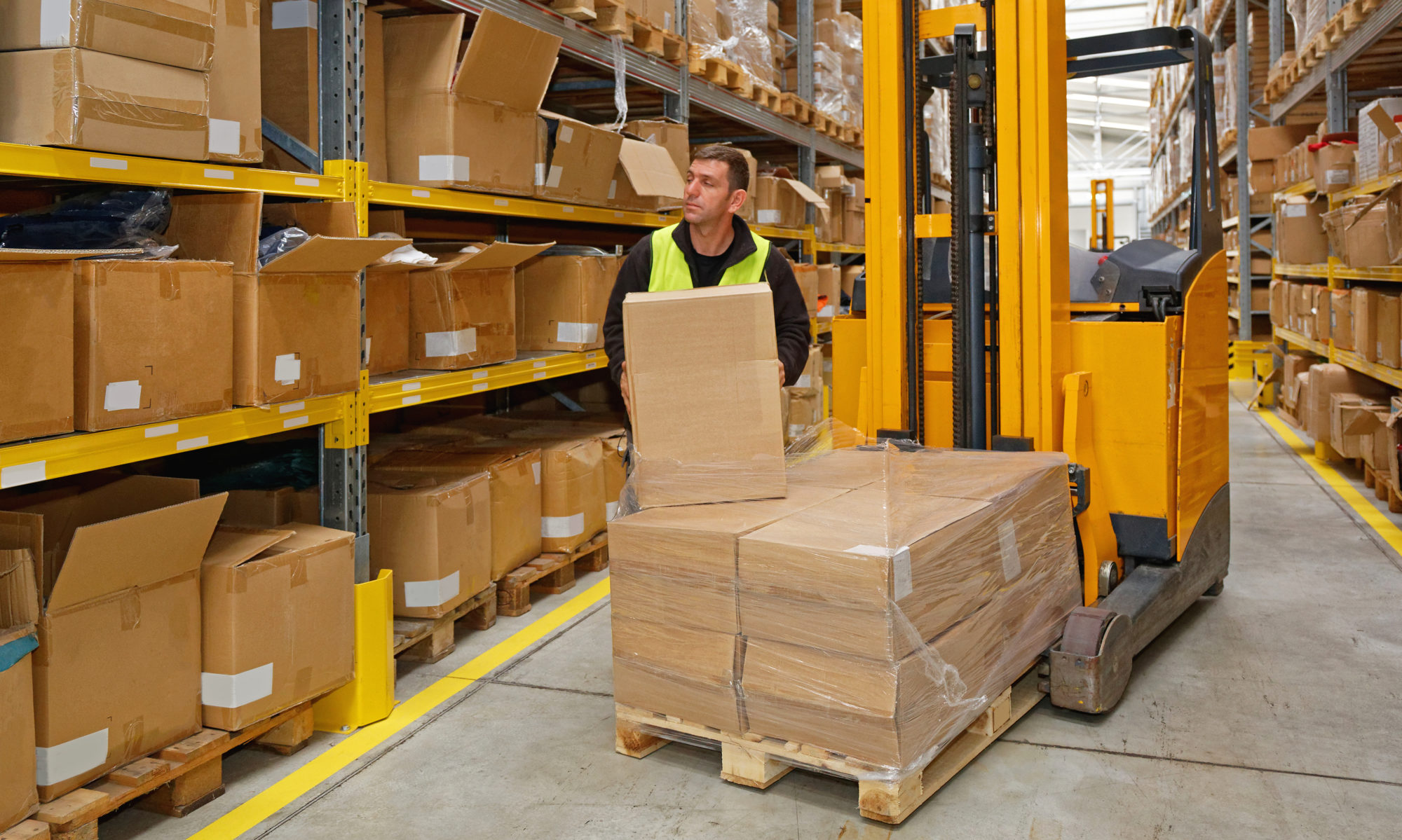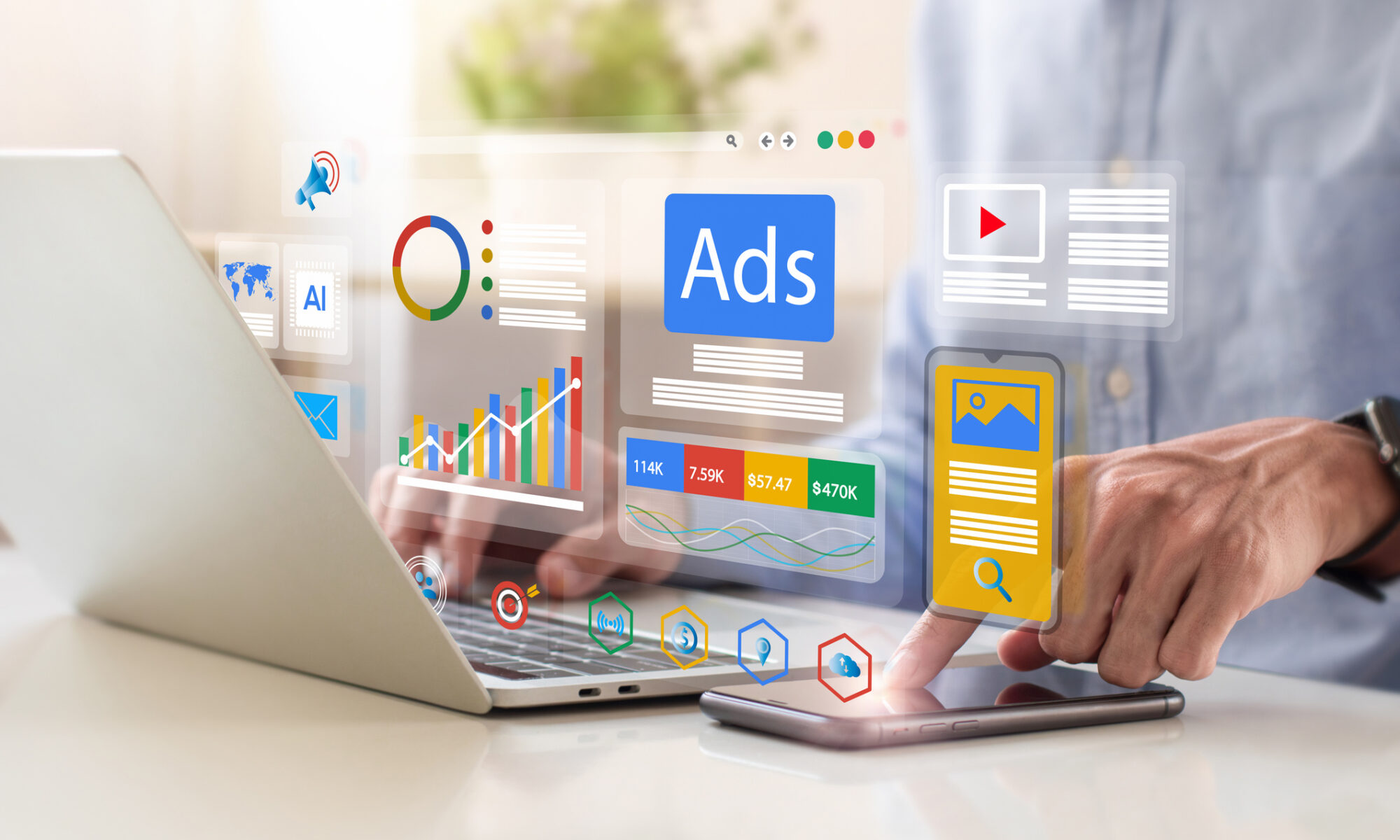In the fast-paced world of order fulfillment, shipping speed isn’t just a perk anymore; it’s a requirement. When a customer hits “buy,” the order fulfillment process begins, and the clock starts ticking. If that clock runs too long, you risk losing a repeat customer. For growing businesses, the logistical hurdle of getting products across the country quickly and affordably is massive.
This is where strategic geography becomes critical. Medallion Fulfillment has tackled this challenge head-on with a dual-coast order fulfillment strategy. By operating major fulfillment warehouses on both the East and West Coasts of the United States, they transform how businesses handle logistics.
This post explores why two fulfillment warehouse locations are better than one, detailing how Medallion’s specific setups in California and Massachusetts drive efficiency, reduce transit times, and keep customers smiling.
The Power of Strategic Placement in Order Fulfillment
Imagine shipping a package from New York to Seattle via ground service. It’s a long journey, often taking five business days or more. That’s a lifetime in e-commerce. Now, imagine if that same inventory was already sitting in a warehouse near Los Angeles. The shipping time drops dramatically, thanks to optimized order fulfillment.
Medallion Fulfillment operates two primary order fulfillment hubs to make this a reality:
- Chatsworth, California: A prime location in the Los Angeles area, perfectly situated to handle imports from Asia and serve the Western United States.
- Boston, Massachusetts: Ideally located to provide efficient order fulfillment for the dense population centers of the Northeast and the Eastern Seaboard.
This isn’t just about having two buildings; it’s about network optimization for ecommerce order fulfillment. By splitting inventory between these two hubs, businesses can reach the vast majority of the U.S. population within 1 to 3 days using standard ground shipping.
Why the West Coast Matters: The California Fulfillment Warehouse Advantage
The West Coast is the gateway to the Pacific. Medallion’s facility in Chatsworth, California, is a strategic powerhouse for businesses that manufacture overseas, particularly in Asia, and need fast, reliable order fulfillment.
Port Proximity
Being close to the Ports of Los Angeles and Long Beach is a game-changer for order fulfillment. These are two of the busiest ports in the Western Hemisphere. When your goods arrive from overseas, drayage costs (the cost of moving goods from port to warehouse) are significantly lower because the travel distance is short. You get your inventory into stock faster, so your order fulfillment starts sooner.
Serving the West
The California facility manages order fulfillment for the entire Western region, including the massive California market as well as the Pacific Northwest and Southwest. Shipping from here to a customer in San Diego or Phoenix is often a next-day delivery via ground service, which costs a fraction of expedited air shipping—giving your order fulfillment a distinct competitive edge.
Key Order Fulfillment Capabilities
- Container Unloading: Expert handling of 20ft and 40ft containers straight from the port.
- Cross-Docking: Quickly transferring goods from incoming trucks to outgoing transport with minimal storage time for streamlined order fulfillment.
- Retail Compliance: Meeting the strict routing guides of major West Coast retailers.
The East Coast Anchor: The Boston Fulfillment Hub
On the other side of the country, Medallion’s Boston, Massachusetts location serves as the anchor for the Eastern United States. The Northeast corridor is one of the most densely populated regions in the country, making efficient order fulfillment a critical factor for almost every consumer brand.
Reaching the Population Centers
From Boston, Medallion can rapidly reach New York City, Philadelphia, Washington D.C., and beyond. Shipping to these areas from California would be slow and expensive. Shipping from Boston enables fast and cost-effective order fulfillment to major East Coast markets.
Operational Excellence in Ecommerce Order Fulfillment
The Boston facility is equipped to handle complex order fulfillment needs. Whether it’s high-volume B2C orders during the holiday rush or detailed B2B shipments to major retailers, this hub ensures the East Coast is covered with top-tier service.
Key Capabilities
- Kitting and Assembly: Custom packaging solutions close to major consumer markets to enhance the order fulfillment process.
- Returns Management: A central point for processing returns from East Coast customers, getting products back into inventory and ready for order fulfillment faster.
- Scalability: High-ceiling storage and advanced warehouse management systems (WMS) support flexible, scalable order fulfillment operations.
The “Zone Skipping” Benefit in Order Fulfillment
One of the most technical but impactful benefits of this dual-coast order fulfillment strategy is “Zone Skipping.” Shipping carriers like UPS and FedEx divide the country into zones. Zone 1 is close; Zone 8 is across the country. The higher the zone, the higher the shipping cost.
When you ship from a single location, say in the Midwest, you are shipping to Zones 4, 5, and 6 constantly. With dual-coast order fulfillment:
- Your California warehouse ships to Western customers (mostly Zones 1-3).
- Your Boston warehouse ships to Eastern customers (mostly Zones 1-3).
You effectively skip the expensive, high-zone shipments. This results in substantial savings on shipping labels, often enough to offset the cost of managing inventory in two order fulfillment locations.
Who Benefits Most from Medallion’s Order Fulfillment Network?
While every business wants faster shipping, certain industries see massive gains from Medallion’s dual-coast order fulfillment setup.
1. Subscription Box Services
Subscription boxes rely on timely arrival and seamless order fulfillment. If customers on the East Coast get their box a week before customers on the West Coast, spoilers hit social media, and the experience is ruined. Dual-coast order fulfillment allows for synchronized delivery windows nationwide.
2. High-Volume Consumer Goods
For brands selling everyday items—supplements, apparel, cosmetics—shipping cost and order fulfillment speed are huge factors in margins. Lowering shipping zones with efficient order fulfillment protects profit margins on lower-priced items.
3. International Brands
Foreign companies entering the U.S. market need an order fulfillment partner who understands the lay of the land. Medallion acts as their domestic logistics arm, receiving bulk shipments on either coast and providing fast, accurate order fulfillment nationwide.
Delivering Satisfaction Through Superior Order Fulfillment
Ultimately, logistics and order fulfillment are about the end customer. When a buyer receives their order in two days instead of six, their trust in the brand grows. When the package arrives in good condition because it traveled fewer miles, return rates drop.
Medallion Fulfillment doesn’t just store boxes—they provide a strategic infrastructure that empowers small and mid-sized businesses to compete with retail giants through world-class order fulfillment. By leveraging the specific strengths of California and Massachusetts, they turn logistics and order fulfillment from a cost center into a powerful competitive advantage. Read our real-world testimonials and case studies.
Ready to Optimize Your Order Fulfillment?
If you’re tired of high shipping zones eating your profits or long delivery times hurting your customer reviews, it’s time to examine your order fulfillment geography.
Medallion Fulfillment has the infrastructure, the order fulfillment expertise, and the strategic locations to streamline your supply chain. Don’t let distance slow you down.
Contact Medallion Fulfillment today to discuss how a dual-coast order fulfillment strategy can transform your business.





